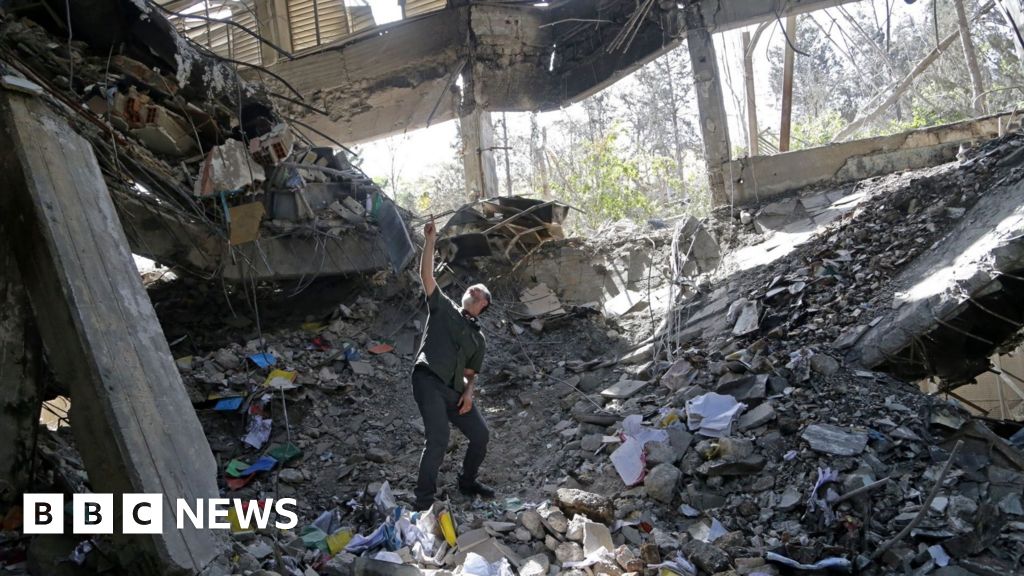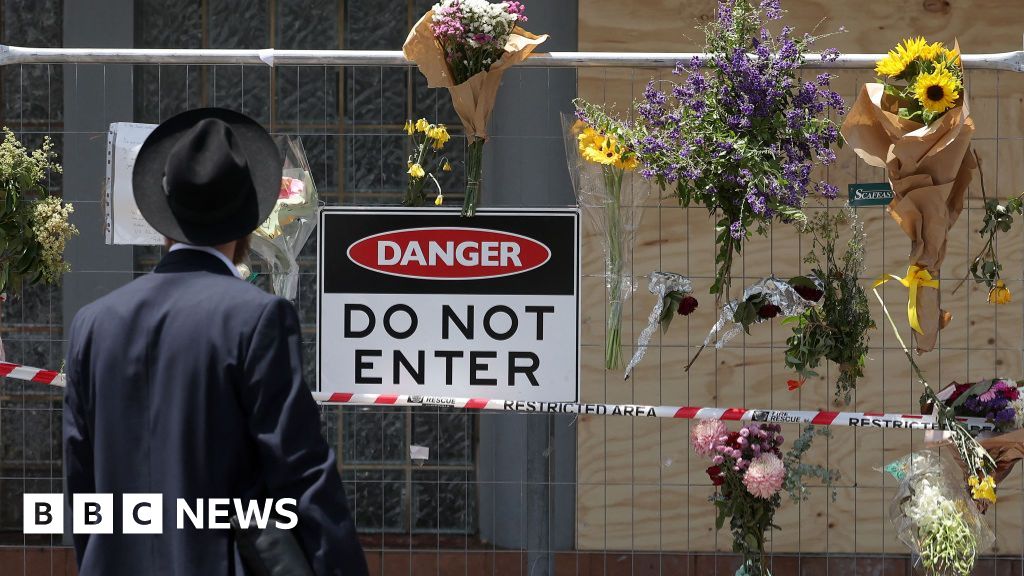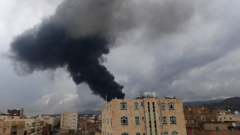In the aftermath of a 12-day war with Israel, amid growing frustration against U.S. support for its adversary, Iran's leaders have taken a striking turn towards nationalism. During the revered Ashura mourning ceremonies, the atmosphere was charged with a blend of traditional mourning and unexpected patriotic fervor. As black-clad mourners engaged in customary practices, they were met with an unusual performance: a rendition of the patriotic song “Ey Iran,” a departure from the solemnity appropriate for the occasion.
The lyrics, emphasizing devotion to the homeland, resonated with the crowd, demonstrating a newfound willingness to intertwine national pride with religious observance. This evolution has surfaced against a backdrop of a battered nation, where military capabilities and nuclear ambitions have both faced significant setbacks due to the recent attacks.
In this challenging period, government officials perceive a unique chance to mobilize the populace. Nationalist fervor, spurred by the recent conflict's aftermath, could serve as a unifying thread to stabilize the regime amid economic and political constraints. What was once the territory of Iran's secular nationalists is being claimed by the conservative theocracy, embracing symbols of pre-Islamic heritage that were previously sidelined.
The reactions seem to indicate a larger strategy to redefine national identity after facing foreign aggression, uniting the Iranian people through an external narrative that positions the government as the protector of national interests and sovereignty. This tactical shift not only aims to mend the wounds inflicted by conflict but also reinvigorate an inclusive sense of nationalism that could reinforce the regime's stability at home.
















